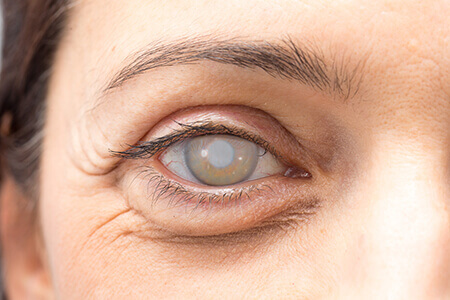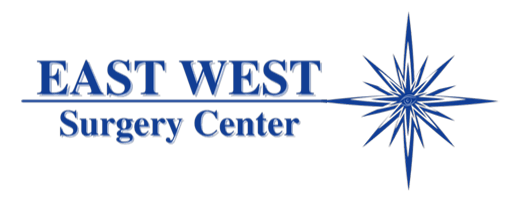Cataract Surgery
As we age, the natural lenses in our eyes can become clouded. While painless, cataracts can cause hazy vision, unusual glare, poor night vision, or reduced color perception. People with cataracts particularly notice difficulty in low-light situations, like night time driving. Cataract surgery is recommended when the cataract begins to interfere with a patient’s quality of life or visual functioning.
During your cataract consultation, all options will be provided by your surgeon, so that they best decision can be made for you.

Traditional Cataract Surgery
Traditional cataract surgery involves using a vibrating needle to break up your cataracts, they also use a small blade to manually make an incision in the cornea through which cataracts are removed and replacement lenses are inserted.
Laser Assisted Cataract Surgery
This surgery was designed to provide more accuracy, safety and precision to the cataract procedure. It uses 3D image guided technology that maps the eye, allowing precise blade-free surgery.
What are the advantages of laser cataract vs. traditional cataract surgery?
- Precision: Laser cataract surgery automates the most challenging procedures. It creates the highest level of precision and safety available with a laser instead of a blade.
- Control: The laser offers real time images to guide the surgeon for proper alignment.
- Better astigmatism management than traditional methods.
Will cataract surgeries only be done by laser from now on?
Depending on your condition, your surgeon will choose the best technology for you.
How does the laser reduce or eliminate astigmatism?
The laser places incisions on the cornea in specific areas to “relax” the eye to a more round shape (like a basketball)
What are my lens options?
Cataract surgery is a life-changing procedure for many patients, with one of the lowest complications rates in medicine.
All patients receive an implant at the time of surgery to help the eye focus for clearer vision.
One of the many options we offer includes premium implants to allow multi-focal vision.
Lens Implant Options
- Multi-Focal Lens
- Astigmatism Correcting Lens
- Standard Mono-Focal Lens
What does cataract surgery entail?
Cataract surgery is performed on an outpatient basis, using mild sedation and local anesthesia. You are conscious, but sedated. We use the latest cutting-edge laser technology, which involves a small incision that doesn’t require stitches. Your surgery is done in our East West Surgery Center.
Is cataract surgery painful?
It is very rare to have any pain or discomfort with this surgery.
How long should the surgery take?
The surgery itself, only takes 30-45 minutes. However, you should plan on being at the surgery center for 3-4 hours. During this time, we will review necessary forms, provide pre-operative care, conduct the surgical procedure and provide post-operative care.
What should I expect after surgery?
The ability to see more clearly! You may begin noticing the improvement in as little as 24 hours.
After the procedure:
- You will need someone to drive you home. Most patients will be driving and back to work within one to two days.
- You will return to our office the following day for your postoperative appointment.
- You will begin an eye drop regimen that will last four to six weeks.
You should refrain from heavy lifting, bending, and itching/rubbing the eye during that time so that it can heal properly. Additional appointments are scheduled for 1 week and 1 month after the surgery.
